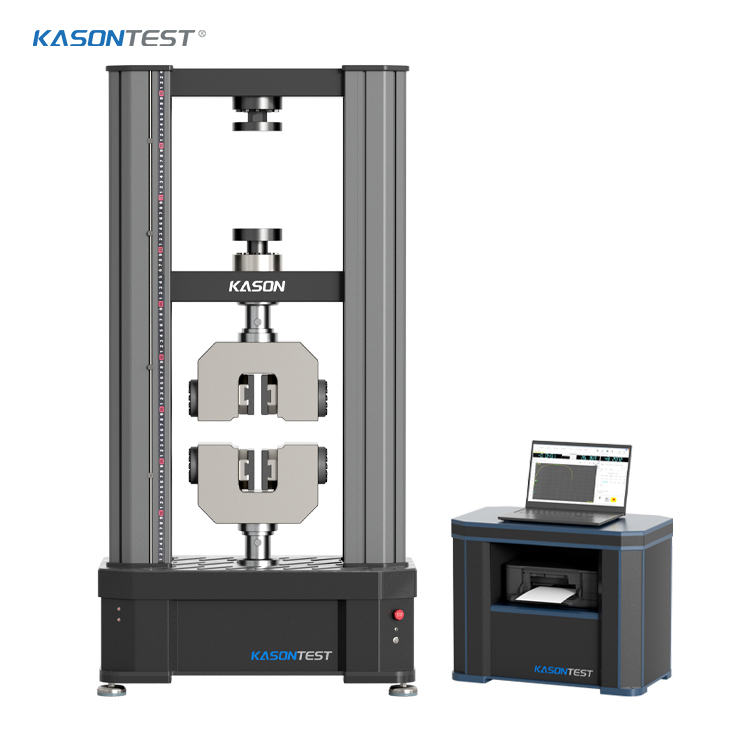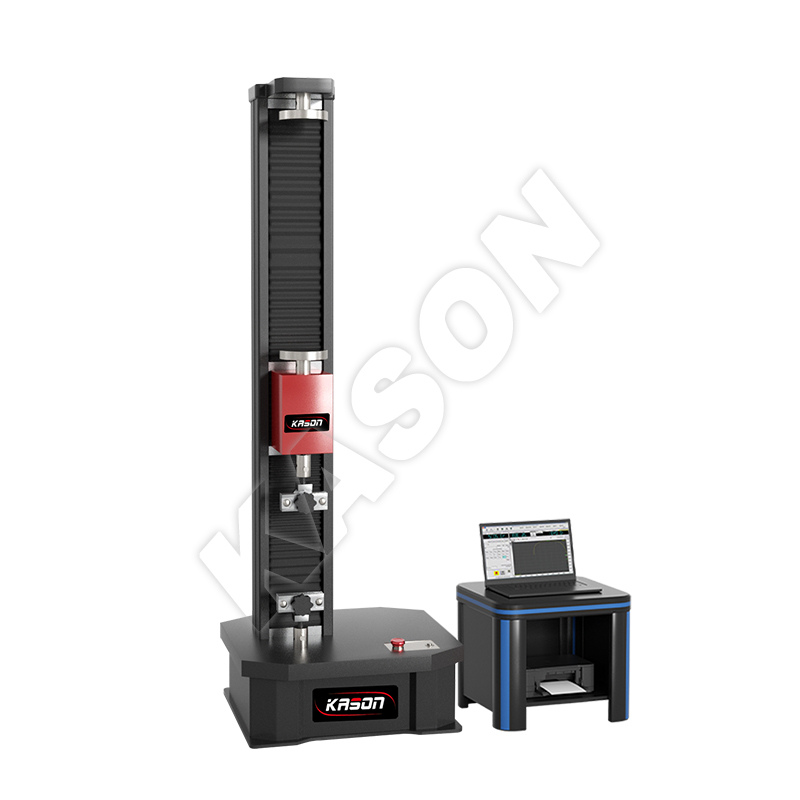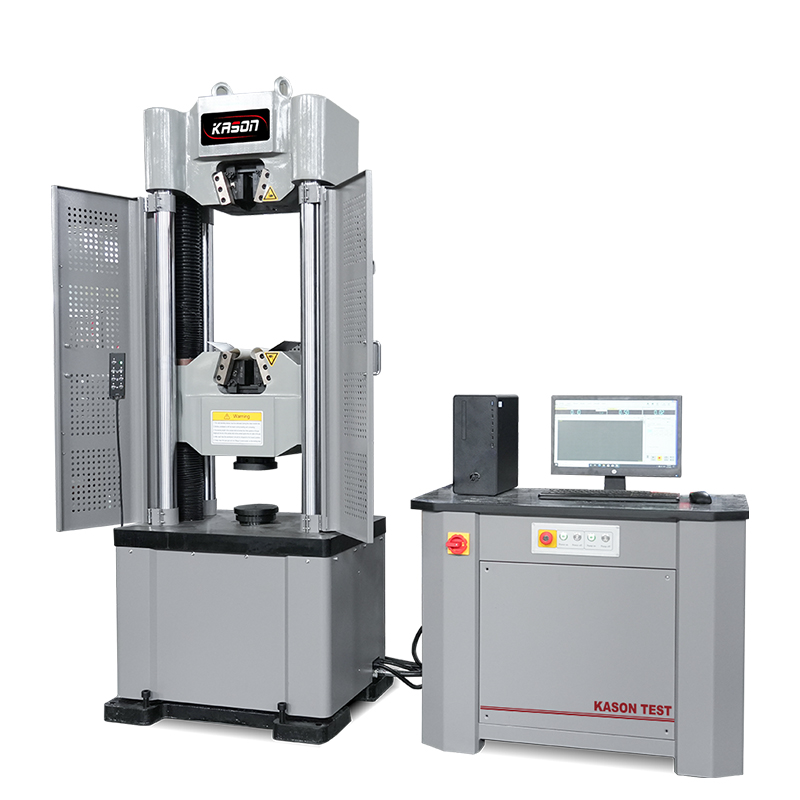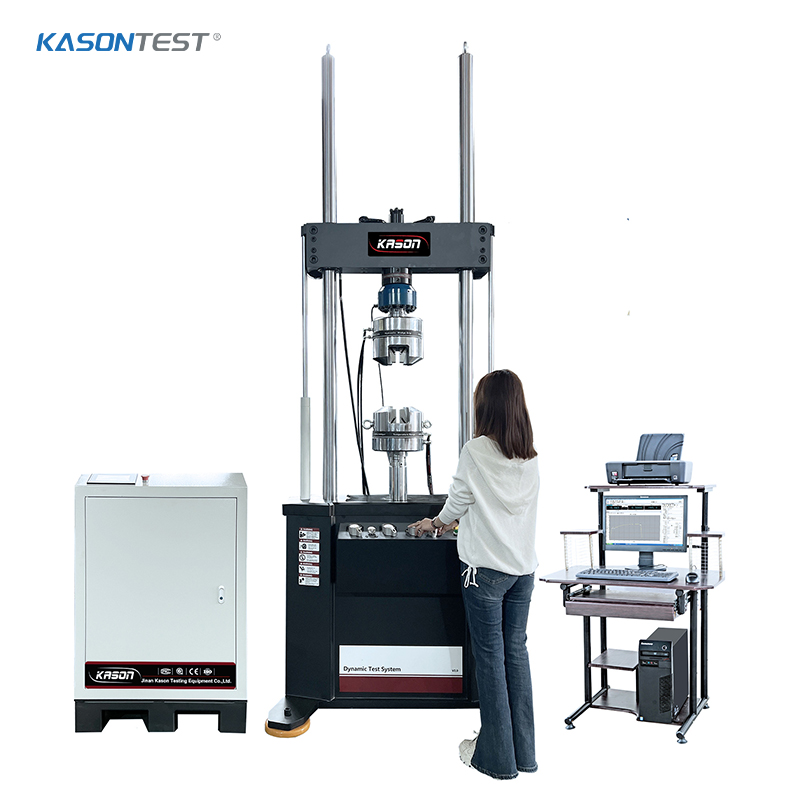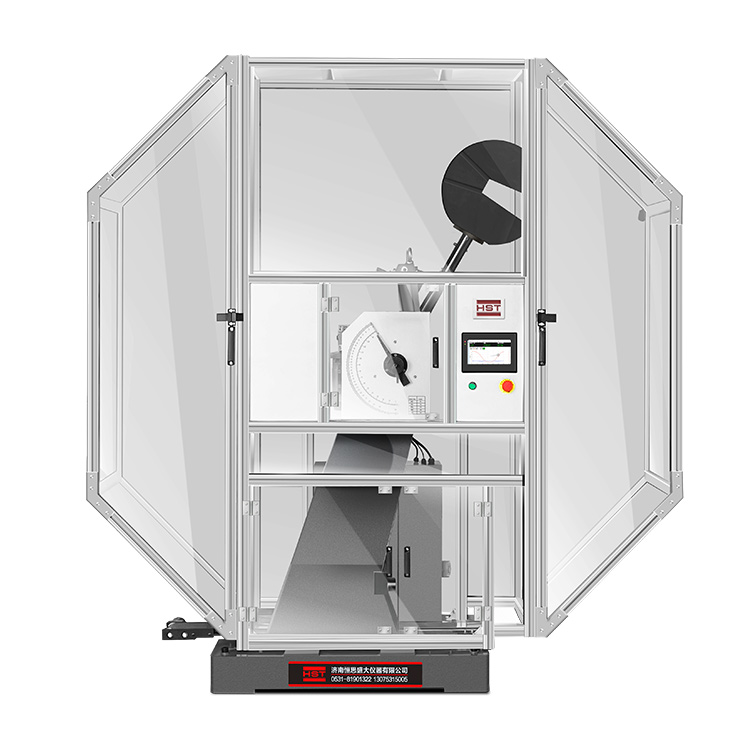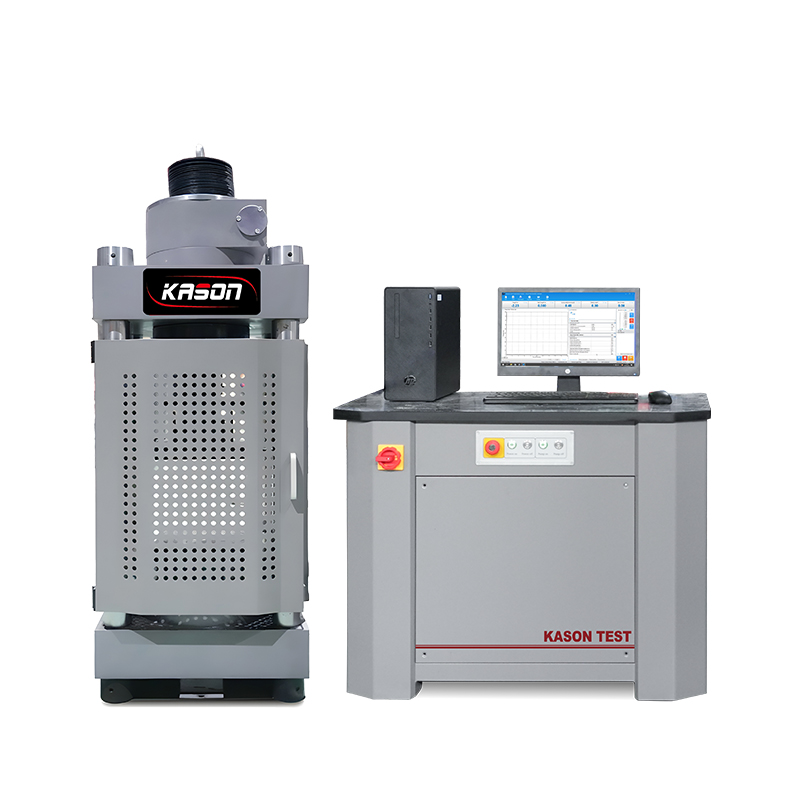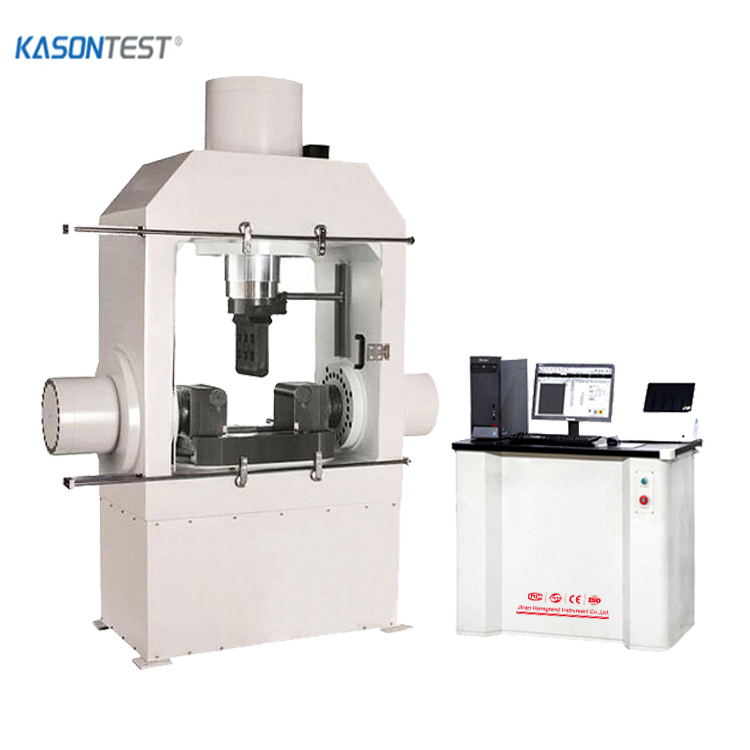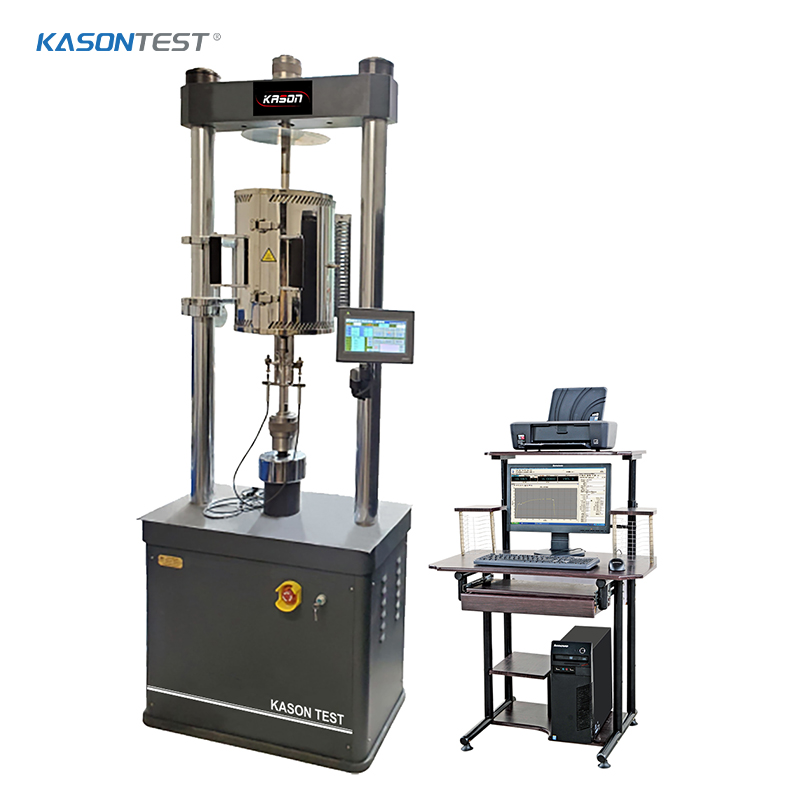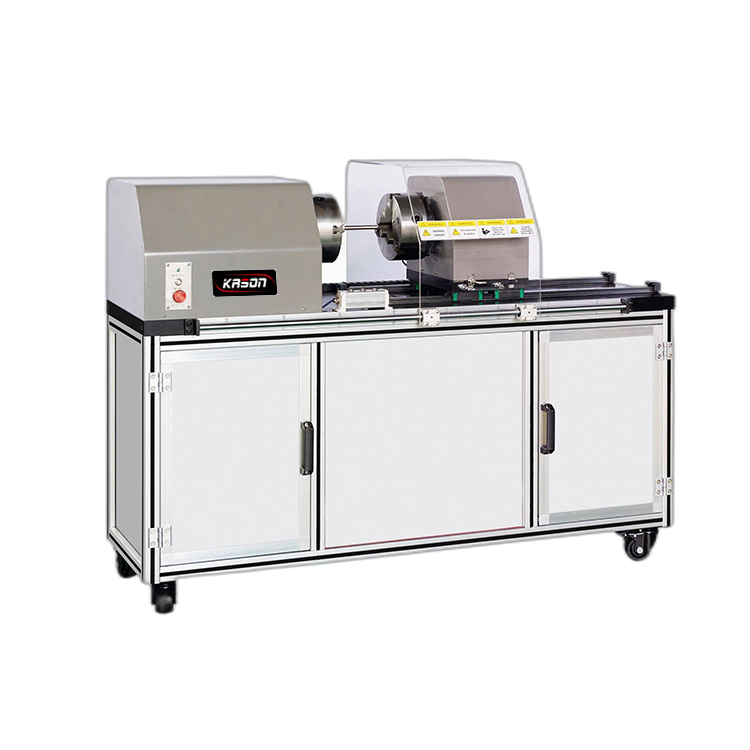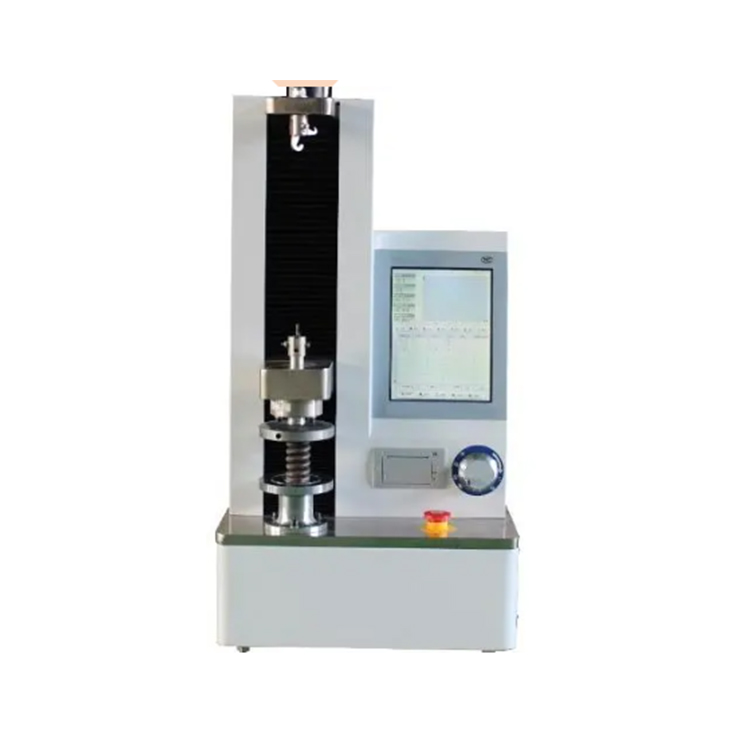Mechanical-electonics
The mechanical-electronics industry, often referred to as mechatronics, represents the integration of mechanical engineering, electronics, computer science, and control systems to create intelligent, automated systems and products. This interdisciplinary field bridges traditional mechanical design with electronic functionality, enabling the development of advanced technologies that combine mechanical motion with electronic control.At its core, mechatronics focuses on designing systems where mechanical components, sensors, actuators, and microprocessors work harmoniously. Unlike purely mechanical systems relying on manual operation or basic automation, mechatronic systems incorporate real-time monitoring and adaptive control, allowing them to respond intelligently to environmental changes or operational demands. This integration enhances efficiency, precision, and functionality across various applications.
Key components of mechatronic systems include mechanical structures providing physical framework, electronic circuits handling power and signal transmission, sensors collecting environmental or operational data, microcontrollers processing information, and actuators executing mechanical responses. These elements work together through embedded software that governs system behavior, creating smart devices capable of complex operations with minimal human intervention.
The global mechanical-electronics market has experienced robust growth, driven by industrial automation, consumer demand for smart devices, and advancements in robotics. Valued at over $500 billion annually, the industry spans multiple sectors including manufacturing, automotive, healthcare, and consumer electronics. Asia dominates production, with China, Japan, and South Korea leading in mechatronic component manufacturing and system integration, while Europe and North America excel in advanced robotics and industrial automation solutions.
Applications of mechatronics are widespread and diverse. In manufacturing, automated production lines with robotic arms and computer numerical control (CNC) machines leverage mechatronic principles for precision manufacturing. The automotive industry integrates mechatronic systems in anti-lock braking systems (ABS), adaptive cruise control, and electric power steering. Healthcare benefits from mechatronic devices like surgical robots and diagnostic equipment, while consumer products range from smart home appliances to drones and wearable technology.
Technological advancements driving the industry include the integration of artificial intelligence for predictive maintenance, the Internet of Things (IoT) for connected systems, and miniaturization enabling compact, portable devices. These innovations enhance system performance while reducing energy consumption and operational costs.
Challenges facing the industry include the need for specialized interdisciplinary expertise, complex system integration, and ensuring cybersecurity in connected mechatronic systems. However, ongoing research in materials science, sensor technology, and control algorithms continues to push the boundaries of what mechatronic systems can achieve, solidifying the industry’s role as a driver of technological progress and industrial innovation.

